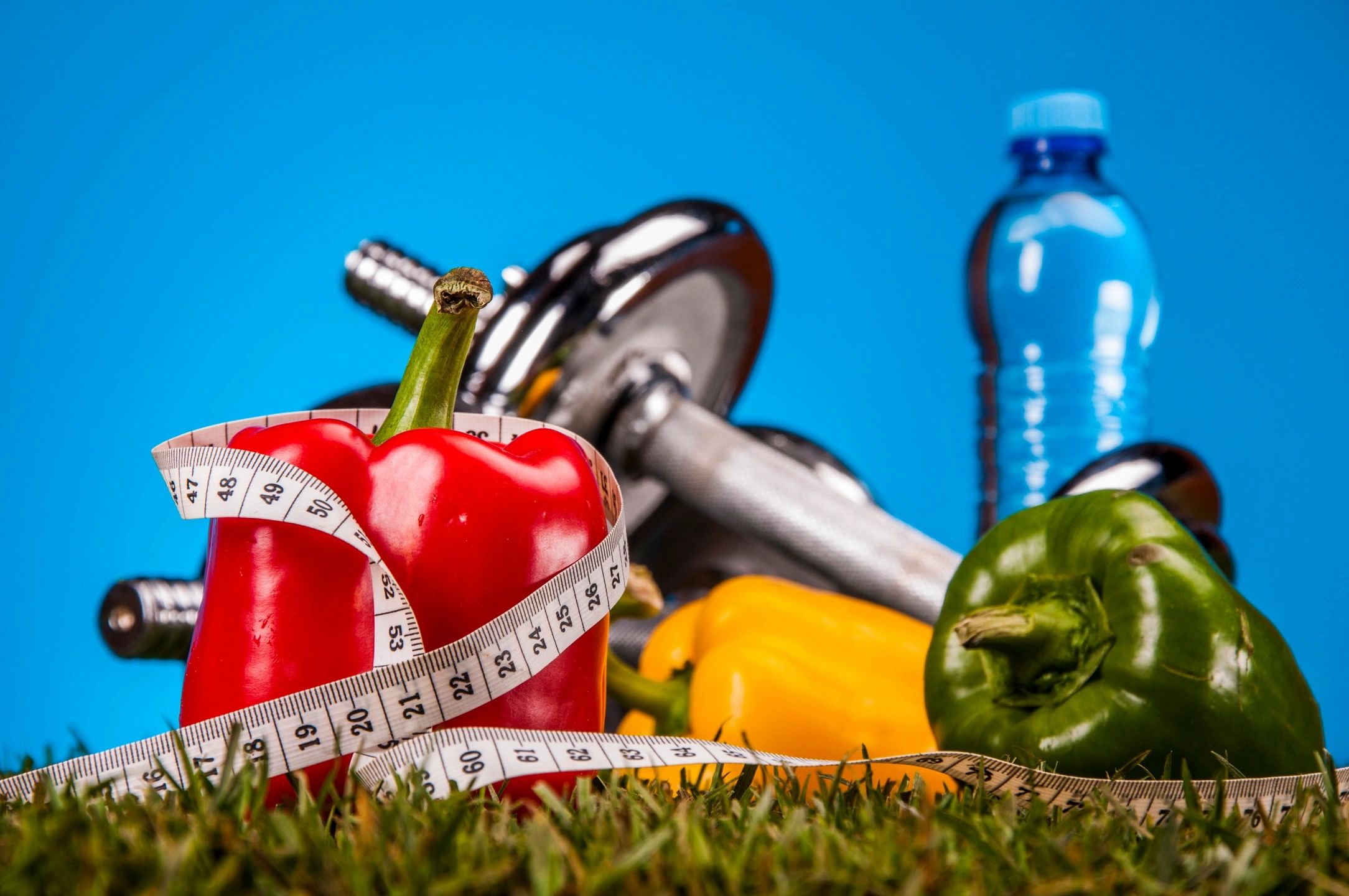In the world of fitness, many focus on the hours spent in the gym, the intensity of the workouts, or the types of exercises. However, one crucial element often gets overlooked: nutrition. Your body requires the right nutrients to function optimally and perform at its best. Whether you’re training for a marathon or simply aiming to get stronger, fueling your body with the right foods can make all the difference in achieving your fitness goals. By understanding the relationship between nutrition and fitness, you can maximize your performance, accelerate recovery, and stay energized throughout your training journey.
Understanding Macronutrients and Their Role in Fitness
Macronutrients—proteins, carbohydrates, and fats—are the building blocks of any well-rounded diet. Each macronutrient plays a pivotal role in supporting different aspects of fitness, from muscle growth to endurance.
Protein is often regarded as the cornerstone of fitness nutrition. It is essential for muscle repair and growth, especially after intense workouts. Without adequate protein intake, your body may struggle to recover and build lean muscle mass. Whether you’re lifting weights or engaging in high-intensity interval training (HIIT), protein helps repair the tiny tears in muscle fibers caused by exercise. Aim for lean sources of protein like chicken, fish, eggs, and plant-based options such as beans and lentils.
Carbohydrates are your body’s preferred energy source during physical activity. When you exercise, your muscles rely on glycogen, which is stored carbohydrate energy. Consuming the right amount of carbohydrates ensures that your body has a steady energy supply to perform at peak levels. Opt for complex carbs like whole grains, oats, sweet potatoes, and quinoa, which provide a slower, sustained release of energy.
Fats might seem like an unlikely ally in a fitness regimen, but they are crucial for long-term energy and hormone regulation. Healthy fats, such as those found in avocados, nuts, seeds, and olive oil, help maintain steady energy levels during longer workouts and support the production of essential hormones, including those responsible for muscle growth.
Micronutrients: The Unsung Heroes of Fitness
While macronutrients take center stage in fitness nutrition, micronutrients—the vitamins and minerals your body needs in smaller quantities—are equally important. These micronutrients play a significant role in your energy levels, immune function, and muscle recovery. For instance, vitamin D is essential for bone health and muscle function, while magnesium helps prevent muscle cramps and supports proper muscle contraction during exercise.
Iron, another critical micronutrient, helps transport oxygen to your muscles, preventing fatigue during physical exertion. Don’t forget about hydration—water is the most overlooked nutrient when it comes to performance. Dehydration can severely affect strength, stamina, and recovery. Make sure you’re consuming enough water throughout the day, particularly during and after exercise, to stay at the top of your game.
Timing Your Nutrition: When to Fuel for Optimal Performance
When you eat is just as important as what you eat. Pre-workout nutrition helps prepare your body for the physical demands of exercise. A balanced meal with carbohydrates and protein 1-2 hours before your workout can provide sustained energy, increase endurance, and enhance performance. For example, a bowl of oatmeal with a scoop of protein powder or a banana with peanut butter can give you the fuel needed for a successful session.
After working out, your body enters a recovery phase. Post-workout nutrition is crucial for replenishing glycogen stores and aiding muscle repair. A meal or snack rich in protein and carbohydrates within 30 minutes to an hour of finishing your workout can jumpstart recovery. A protein shake with a piece of fruit or a chicken salad with quinoa are excellent choices to promote muscle growth and replenish lost nutrients.
In addition to pre- and post-workout meals, consistent meal timing throughout the day supports steady energy levels and helps regulate your metabolism. Eating at regular intervals ensures that your body gets the nutrients it needs to recover and maintain performance.
Common Nutrition Myths in the Fitness World
The fitness world is rife with misconceptions about nutrition. One common myth is that carbs are the enemy when it comes to weight loss. In reality, carbohydrates are a vital part of a healthy diet, especially for those engaged in regular exercise. Cutting out carbs can result in sluggish performance and a lack of energy.
Another myth is the over-reliance on supplements. While some supplements can be beneficial in specific contexts, they should never replace whole foods. The majority of your nutrients should come from a well-rounded diet, not pills or powders. Always consult with a healthcare professional before introducing any new supplement into your routine.
Practical Tips for Fueling Your Fitness Journey
To make the most of your fitness journey, meal planning and preparation are essential. Take time to plan your meals for the week, ensuring that each one contains a balance of protein, carbs, and fats. This approach not only saves time but also ensures you’re fueling your body properly.
Balancing convenience with nutrition is key, especially for busy individuals. Opt for quick, nutrient-dense snacks like Greek yogurt, trail mix, or protein bars to keep your energy levels stable throughout the day.
Lastly, tailor your diet to your specific fitness goals. If you’re looking to lose weight, focus on creating a calorie deficit while maintaining adequate protein intake to preserve muscle mass. If muscle gain is your goal, ensure that you’re consuming enough calories to support growth and repair.
Summary: Nourishing Your Body for Peak Fitness
Proper nutrition is the cornerstone of a successful fitness journey. By fueling your body with the right combination of macronutrients, micronutrients, and hydration, you can optimize performance, enhance recovery, and ultimately achieve your fitness goals. The impact of a well-balanced diet on your physical abilities cannot be overstated, whether you’re focused on strength training, endurance sports, or overall health. Remember, the path to peak fitness begins in the kitchen—nourish your body, and it will reward you with improved performance and long-term health.
Please like, comment, and share this article if you found it helpful and
informative.
Visit https://bigtownbulletin.com if you would like to see more of this content.
Please like, comment, and share this article if you found it helpful and
informative.
For more news check out Big Town Bulletin News
For more from Big Town Bulletin check out Big Town Bulletin


